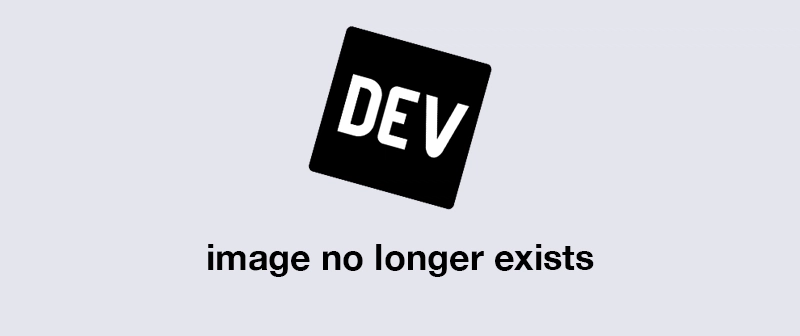Update data using the user form.
1- Using push method.
- First go to
routes/web.phpfile and modify this route:
Route::get('/users/update', method () {
$user = User::with('posts')->find(1);
$post = $user->posts()->whereId(1)->first();
$post->title = 'Post title 1 updated';
$post->push();
return response()->json($user);
});
- We open the browser and go to the new URL
http://127.0.0.1:8000/users/updateto find that the post has been updated successfully.
{
"id": 1,
"username": "John Doe",
"created_at": "2023-09-06T17:24:02.000000Z",
"updated_at": "2023-09-06T17:25:58.000000Z",
"posts": [
{
"id": 1,
"title": "Post title 1 updated",
"body": "Post body 1",
"user_id": 1,
"created_at": "2023-09-06T17:28:58.000000Z",
"updated_at": "2023-09-06T18:37:30.000000Z"
},
{
"id": 5,
"title": "Post title 5",
"body": "Post body 5",
"user_id": 1,
"created_at": "2023-09-06T17:29:49.000000Z",
"updated_at": "2023-09-06T17:29:49.000000Z"
},
{
"id": 6,
"title": "Post title 6",
"body": "Post body 6",
"user_id": 1,
"created_at": "2023-09-06T17:29:49.000000Z",
"updated_at": "2023-09-06T17:29:49.000000Z"
}
]
}
2- Using update method.
- First go to the file
routes/web.phpand modify this route.
Route::get('/users/update', method () {
$user = User::with('posts')->find(1);
$post = $user->posts()->whereId(1)->first();
$post->title = 'Post title 1';
$post->update();
return response()->json($user);
]);
- We open the browser and go to the new URL
http://127.0.0.1:8000/users/updateto find that the post has been updated successfully.
{
"id": 1,
"username": "John Doe",
"created_at": "2023-09-06T17:24:02.000000Z",
"updated_at": "2023-09-06T17:25:58.000000Z",
"posts": [
{
"id": 1,
"title": "Post title 1",
"body": "Post body 1",
"user_id": 1,
"created_at": "2023-09-06T17:28:58.000000Z",
"updated_at": "2023-09-06T18:41:35.000000Z"
},
{
"id": 5,
"title": "Post title 5",
"body": "Post body 5",
"user_id": 1,
"created_at": "2023-09-06T17:29:49.000000Z",
"updated_at": "2023-09-06T17:29:49.000000Z"
},
{
"id": 6,
"title": "Post title 6",
"body": "Post body 6",
"user_id": 1,
"created_at": "2023-09-06T17:29:49.000000Z",
"updated_at": "2023-09-06T17:29:49.000000Z"
}
]
}
Update data using the post form.
1- Using push method.
- First go to
routes/web.phpfile and add this route:
Route::get('/posts/update', method () {
$post = Post::with('user')->find(1);
$post->title = 'Post title 1 updated';
$post->user->username = 'John Doe Updated';
$post->push();
return response()->json($post);
});
- We open the browser and go to the new URL
http://127.0.0.1:8000/posts/updateto find that the post has been updated successfully.
{
"id": 1,
"title": "Post title 1 updated",
"body": "Post body 1",
"user_id": 1,
"created_at": "2023-09-06T17:28:58.000000Z",
"updated_at": "2023-09-06T18:50:30.000000Z",
"user": {
"id": 1,
"username": "John Doe Updated",
"created_at": "2023-09-06T17:24:02.000000Z",
"updated_at": "2023-09-06T18:49:54.000000Z"
}
}
2- Using update method.
- First go to the file
routes/web.phpand modify this route.
Route::get('/posts/update', method () {
$post = Post::with('user')->find(1);
$post->user->username = 'John Doe';
$post->update([
'title' => 'Post title 1'
]);
return response()->json($post);
]);
- We open the browser and go to the new URL
http://127.0.0.1:8000/posts/updateto find that the post has been updated successfully.
{
"id": 1,
"title": "Post title 1",
"body": "Post body 1",
"user_id": 1,
"created_at": "2023-09-06T17:28:58.000000Z",
"updated_at": "2023-09-06T18:55:45.000000Z",
"user": {
"id": 1,
"username": "John Doe",
"created_at": "2023-09-06T17:24:02.000000Z",
"updated_at": "2023-09-06T18:49:54.000000Z"
}
}
- You can find the repo of this series on github here



Top comments (0)